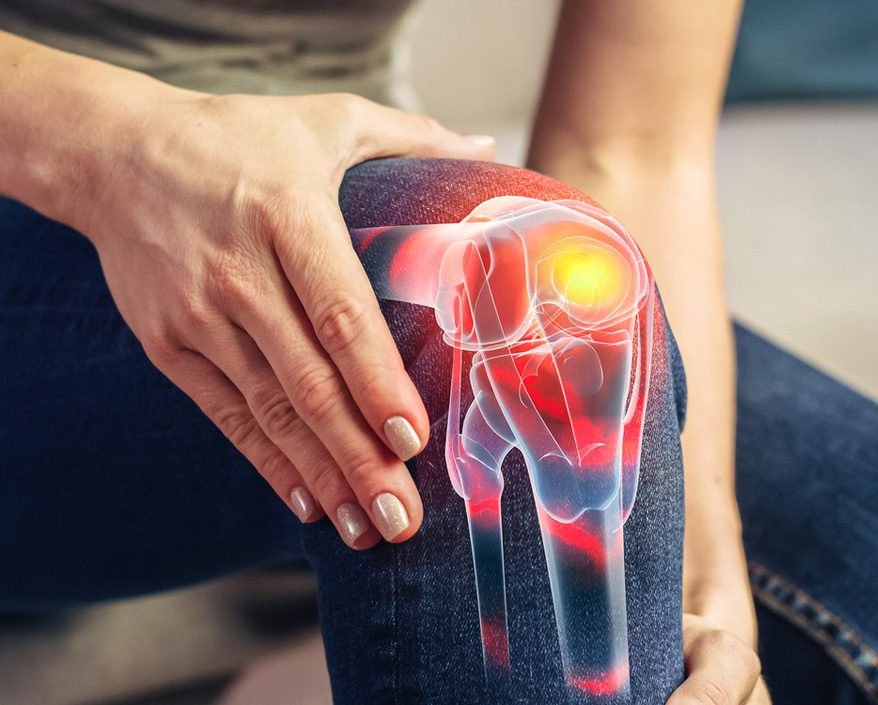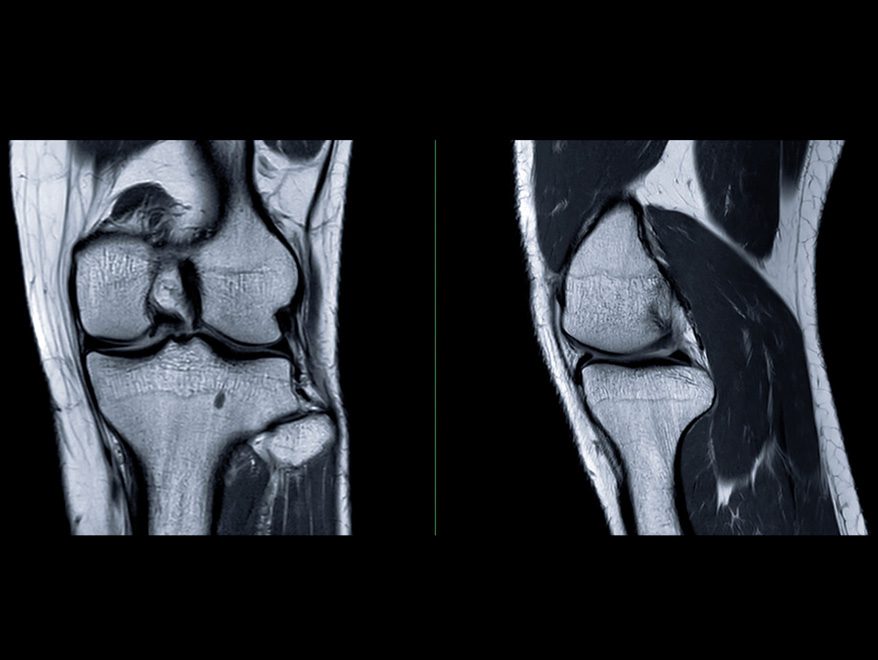
Knee joint replacement is a common orthopedic procedure used to relieve pain and improve function in individuals with severe knee joint degeneration. However, it’s not always the best option for everyone, and in many cases, alternative treatments like genicular artery embolization (GAE) may be considered.
GAE is a minimally invasive interventional radiology procedure that can offer an alternative to knee joint replacement. It involves the selective blocking of the genicular arteries, which supply blood to the knee joint. This can help reduce pain and inflammation in the knee, making it an attractive option for those who want to avoid surgery.
This procedure offers patients very little downtime, minimal pain and almost immediate results. GAE is covered by most PPO insurances and can be performed in an office based setting or ambulatory surgical center.
Benefits of GAE
One of the key benefits of GAE is its minimally invasive nature. Unlike knee replacement surgery, which involves cutting and replacing the joint, GAE is performed through a small incision, typically requiring only local anesthesia. This results in reduced recovery time, less pain, and a lower risk of complications compared to traditional surgery.
GAE is particularly useful for patients who are not ideal candidates for knee joint replacement due to age, overall health, or other medical conditions. It can offer pain relief and improved knee function, which may not have been possible with surgery.
Another advantage of GAE is that it is reversible. Unlike knee replacement surgery, which is irreversible, GAE can be adjusted or repeated if necessary. This flexibility is important for patients who may have changing needs over time.
Is GAE Right for Me?
The success of GAE varies among individuals. Some patients experience significant pain relief and improved knee function after the procedure, while others may not respond as well. The effectiveness of GAE depends on the specific cause of knee pain and individual factors.


It’s important to note that GAE is not suitable for all cases of knee pain. It is typically recommended for patients with chronic knee pain, especially if it is related to osteoarthritis or other degenerative conditions. Your healthcare provider will assess your condition and determine if GAE is a viable alternative to knee joint replacement.
In summary, knee joint replacement is a highly effective treatment for severe knee joint degeneration. Still, for individuals who are not ideal candidates for surgery or those seeking minimally invasive options, genicular artery embolization can serve as an alternative. GAE offers reduced recovery time, reversibility, and can be effective in providing pain relief and improving knee function, particularly for those with chronic knee pain. Your healthcare provider will guide you in determining the best approach for your specific situation, considering all available treatment options.


